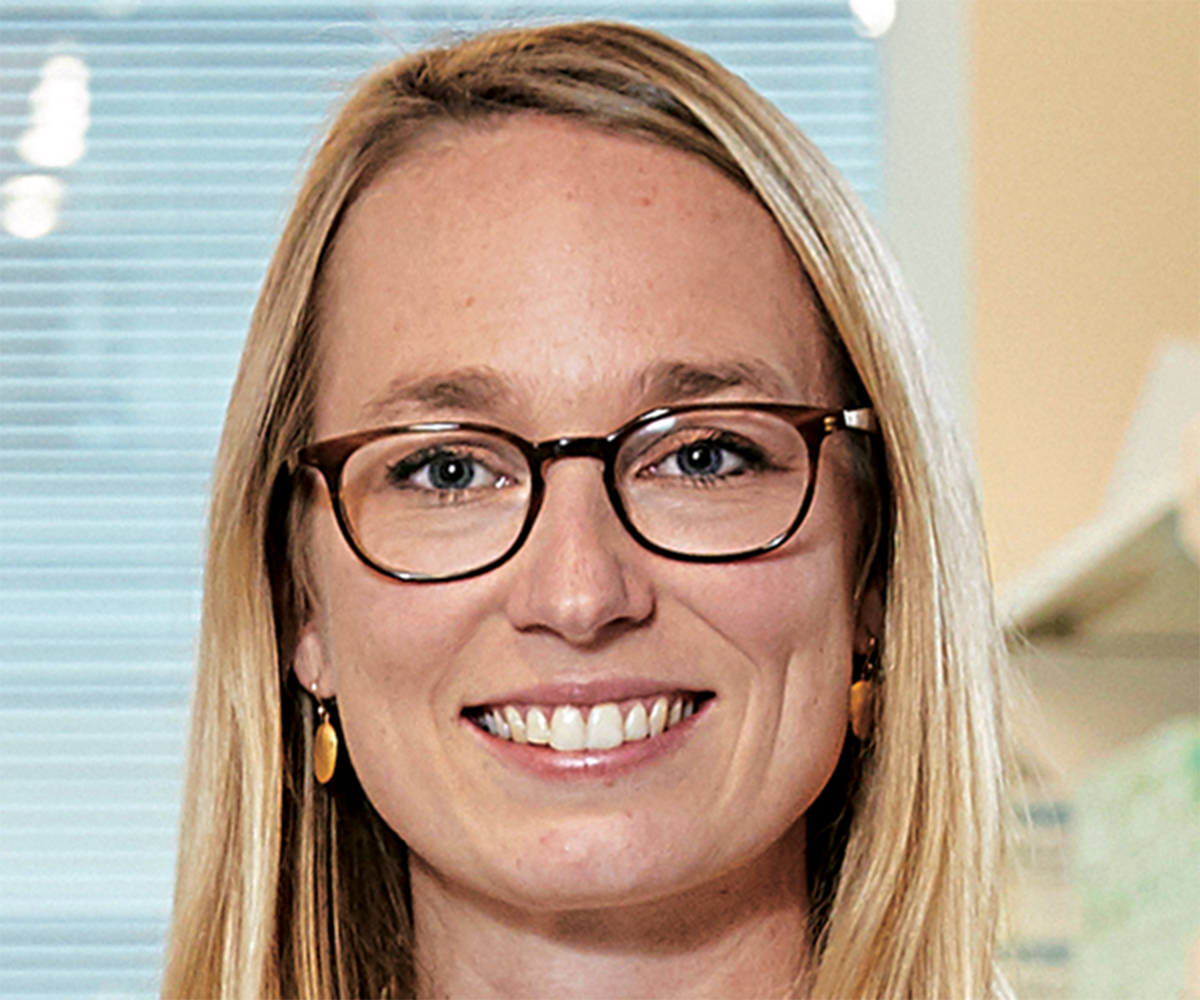
It isn’t entirely clear where exactly T cells activated by immune checkpoint blockade (ICB) therapy hail from in the body or what their precise states of differentiation are at those locales. A study led by Ludwig MIT’s Stefani Spranger and published in a September issue of Science Immunology explored these questions by profiling gene expression in individual CD8+ (or killer) T cells in tumors, draining lymph nodes and the spleen of mice treated with ICB. Stefani and her colleagues discovered a subpopulation of T cells in the white pulp of the spleen whose descendants contribute enormously to anti-tumor responses following ICB. These cells are in a state of differentiation known as intermediate exhaustion and specifically require for activation only low levels of cancer antigens in the spleen. These are presented to them by dendritic cells to generate an army of descendants that infiltrate tumors and target cancer cells in response to ICB. A lack of antigen exposure curtails their differentiation into an intermediate exhausted state, while high levels of systemic antigen push their descendants into a terminally exhausted state in which they fail to infiltrate and target tumors. The findings identify the spleen as a critical site of T cell activation in response to ICB and indicate that the density of cancer antigens within the organ plays an important role in that process.
Expansion of tumor-reactive CD8+ T cell clonotypes occurs in the spleen in response to immune checkpoint blockade
Science Immunology, 2024 September 13